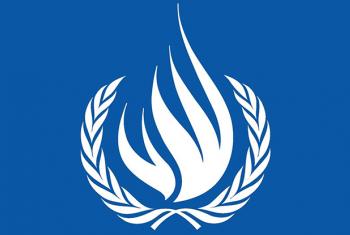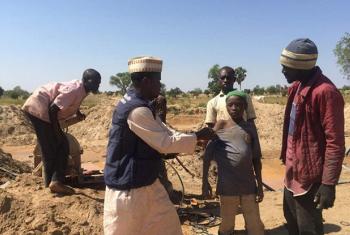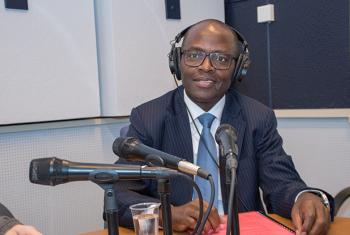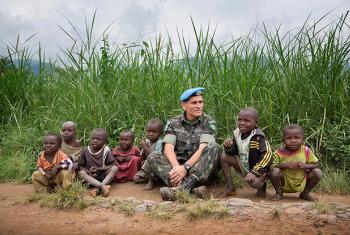Anne Frank’s childhood friend says world still hasn’t learned about genocide
A Holocaust survivor and former playmate of one of history’s most tragic figures has a message for the world about genocide: “We haven’t really learned.”
Eva Schloss was a neighbour of Anne Frank, the young Jewish girl whose famous diary detailed her family’s life in hiding during the Nazi occupation of the Netherlands during the Second World War.
Ms Schloss was just 13 when her own family of four was also forced into hiding in Amsterdam.










